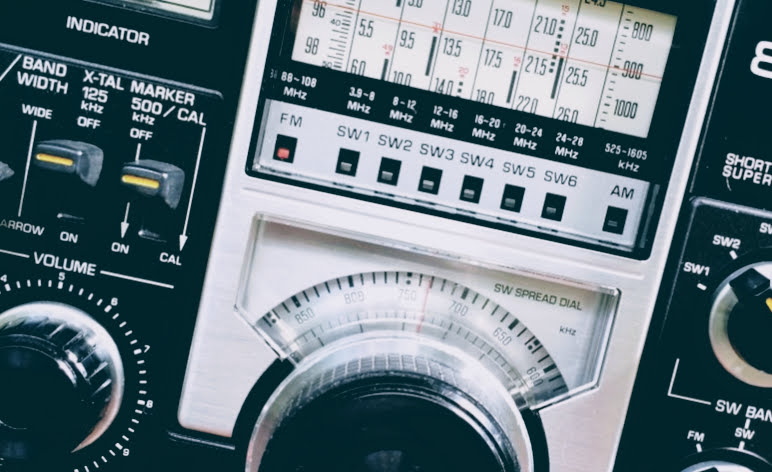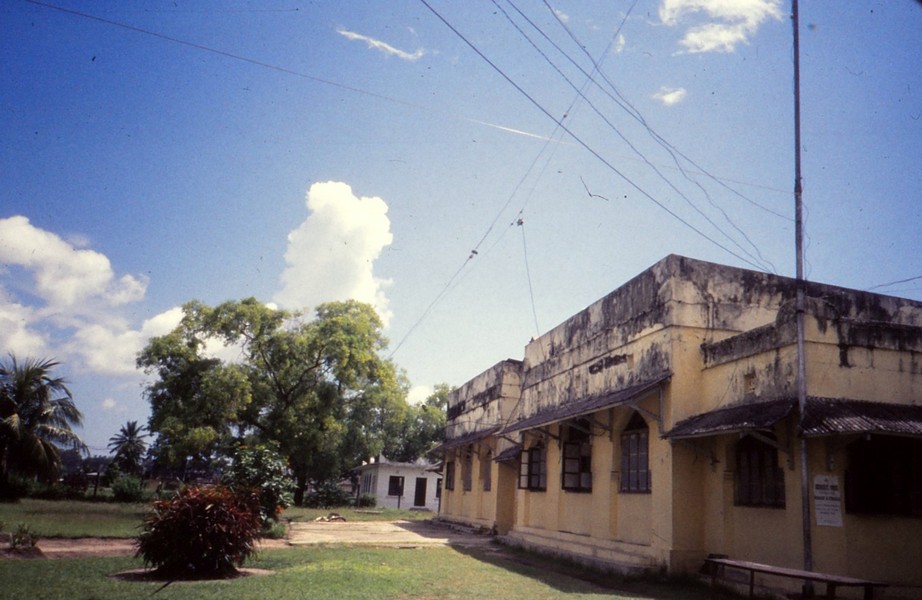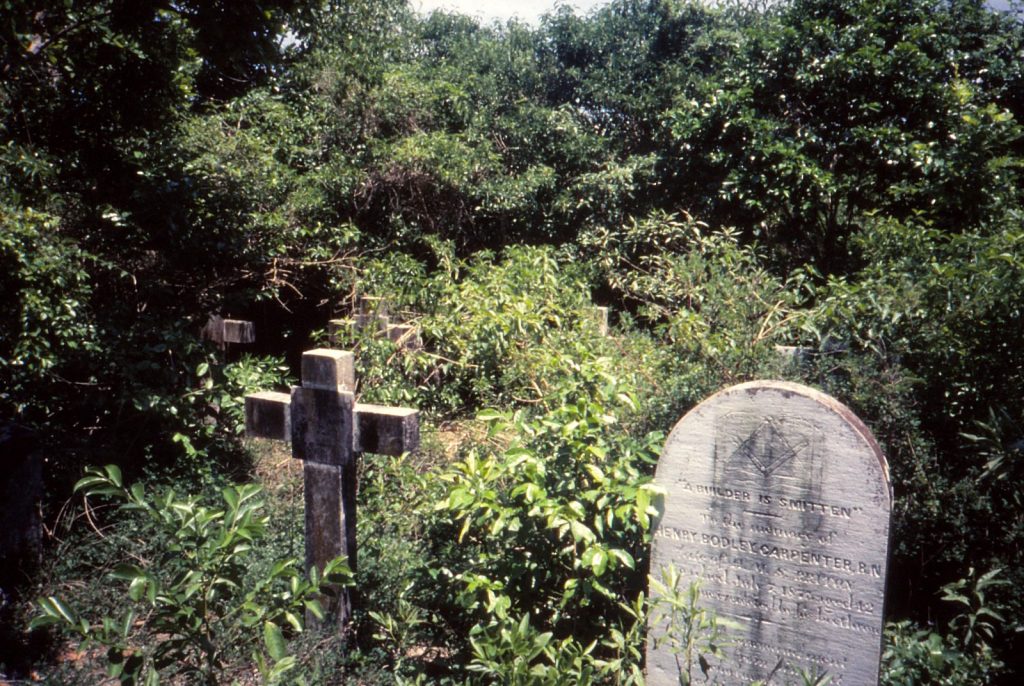 (Source: Star Tribune via Mike Hansgen)
(Source: Star Tribune via Mike Hansgen)
Return with us now to those thrilling days of yesteryear, when from out of the past come the thundering hoofbeats of … a sound effects man with a pair of coconut shells.
Radio theater, which was killed off by television, is being resurrected on the air — and the internet — across the country and across the state.
In International Falls, Icebox Radio Theater produces a twice monthly podcast about a tiny northern Minnesota town isolated by a meteorite strike. “Weird stuff keeps happening,” said playwright Jeff Adams of the fictional town of Icebox, Minn. “Comedy and science fiction and maybe some dark touches now and then.”
St. Cloud’s “Granite City Radio Theatre” serves up inside humor plus cameo appearances by the police chief and the university president. “Imagine ‘Prairie Home Companion’ was about your neighborhood,” said Jo McMullen-Boyer, station manager of KVSC, which has produced the skit-and-music show four times a year for six years. “It’s hyperlocal. It’s poking fun at ourselves, but also with pride.”
And in the Twin Cities, the Mysterious Old Radio Listening Society embraces nostalgia by turning recordings of old radio shows into scripts, which it stages as live performances (including sound effects and commercials) before audiences at the James J. Hill Center in downtown St. Paul.[…]











